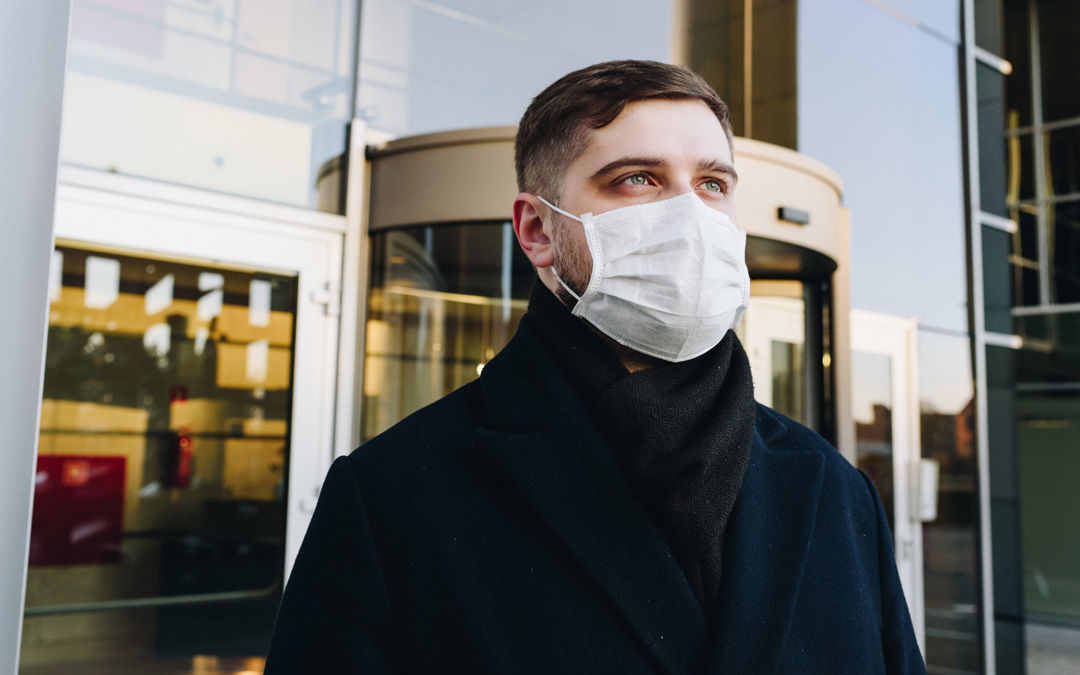COVID-19 and Your Employment: Part 1
Social Distancing is the new norm for Canadians as we all work to flatten the curve and lessen the spread of this COVID-19.
Most of us have not lived during a pandemic. So, it’s no wonder our go-to phrase at this moment is that “these are unprecedented times”. We have not encountered many of the legal issues that this pandemic raises in relation to your employment and/or ability to work. Further, the obligations that both the federal and provincial governments are placing change on us daily. They are asking all Canadians to do their part.
Essential Workplaces
As of March 24, 2020, the Province of Ontario closed all non-essential businesses for a period of 14 days. Essential Workplaces such as grocery stores, restaurants (for take-out), gas stations, telecommunications, professionals including lawyers, accountants, and medical offices, are operating albeit not as usual. The full list is here: www.ontario.ca/page/list-essential-workplaces
If your employer is an essential workplace there are likely to be ongoing discussions and directions from your employer about what that will look like over the coming days. Some, such as grocery workers, are seeing an increase in their pay while they continue to work hard for all of us on the front lines. A number of collective agreements require employers to pay such increases to their front-line workers as well. If you are a unionized front-line worker please review your collective agreement or speak with your union representative.
Many other essential workplaces will operate with limited staff. They may possibly entirely remotely handle client calls and meetings over the telephone or via videoconferencing. This will limit face-to-face meetings and the possibility of more community spread of this virus.
If you are an employee at an essential workplace it would be reasonable for your employer to ask that you continue to monitor your own health. Also, to report any symptoms you may have including fever, sore throat or a dry cough. Employers may conduct temperature checks each day before you start work. A refusal by an employee to such a temperature check may result in that employee no longer being able to enter the workplace.
Risk of Exposure in the Workplace
If an employee is concerned about their well-being or the possibility of encountering COVID-19 in their workplace and there are no suspected cases, their refusal to work based on fear alone will likely not be acceptable. If however, there is evidence to show there has been exposure linked to the workplace (i.e. a colleague has contracted the virus) this may be a reasonable reason to refuse work or to refuse work in the workplace and request the opportunity to work from home. Employers should be proactive and work with their employees to address their concerns, honour their ability to social distance and provide the opportunity to continue working remotely wherever possible
An Employee With Symptoms
If you are an employee and you are experiencing symptoms, you should stop attending the workplace and address your health concerns with your employer. It would be best that this employee stay home, away from other employees and clients, exercising extra caution if and when they do return to work. Employees who are experiencing symptoms or have COVID-19 will soon be entitled to receive the Canada Emergency Response Benefit which will provide a taxable benefit of $2,000.00 per month for up to four months. Some employees would have other entitlements including short-term disability benefits through their health insurance benefits.
It is important now more than ever for employees and employers to continue to communicate with one another and it is important we all take the directions of Public Health seriously, which includes employees and employers. If you have additional questions please know we are here to help. Please reach out to Amanda Chapman at achapman@chapmanlaw.ca

